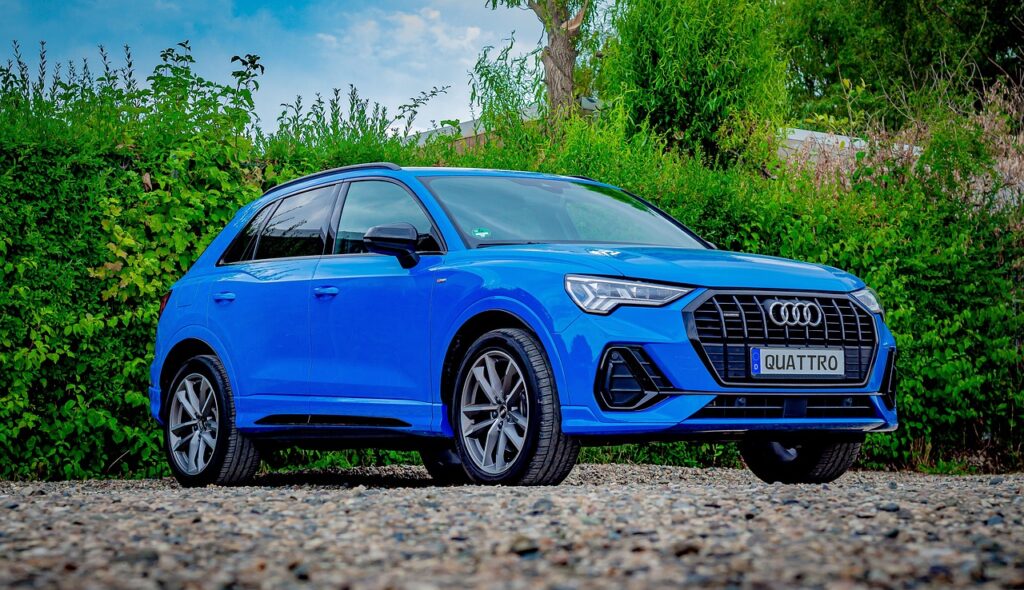German is home to unique and world-class car-making companies that are much more reputable
globally. They include; Mercedes Benz, BMW, Volkswagen, and Audi. One feature about all the models
above is that they produce quality and performance cars. The models come with a potent powertrain
system, luxurious interior, and not forgetting sharp and edgy exterior looks. However, calling a German
car yours comes at a cost since most German car makers are known to have an abnormal price tag for
their products. The good thing is that one gets value for their money once they invest in a German car.
Well, once you put your hard earned money into purchasing a German car, consider what to do to the
car and what not to do. This brings us to this article that comprehensively outlines the various dos and
don’ts of driving a German car.
Dos.
Avoid speeding, braking frequently, and jumping over bumps
Most German car brands are made for performance. Their powertrain comes engineered with speed,
stability, and better controls. However, you shouldn’t take advantage of that as a driver and try to push
your car to the limit. That can be through speeding, frequently braking recklessly, and running over
bumps and potholes.
By doing so, you will be slowly killing your German car. Speeding and abnormal acceleration will
prematurely wear out most of the core parts in the engine and transmission. Within a short period after
purchase, major powertrain problems will begin rising. On the other hand, frequent and reckless braking
quickly wears out most of your brake pads, consequently affecting the entire braking system.
Therefore, if you are an adrenaline junky, you should take it slow. Alternatively, secure an extended
warranty coverage that shields your car from all unforeseen damages to the car.
Keep an eye on the dashboard lights.
Frequent physical inspections are never enough, nor does it guarantee that your car is in good form.
Gladly, we have dashboard lights and notifications that notify you of any underlying problems within the
car. As a responsible driver, you must never ignore the dashboard warning lights. These lights include;
- Oil warning light- When this light shows up, you need to check up on your engine's oil. The
levels might have dropped due to leakage, low oil pressure, or the oil needs to be changed. - Coolant light- That is a sign that your engine might be overheated. The best option is to park
aside and give the engine time to cool off. Also, check on the coolant levels. - Brake light warning- This warning light indicates that the brake fluid levels are low or the
braking system is faulty.
The dashboard light is critical and plays a pivotal role in keeping your car in charge of the problems that
can be seen physically.
Ensure your car is warranted.
Calamities ring no bells, and that is for sure since problems related to car pop in out of nowhere. The
best option is always to protect your car from any unforeseen problems. Such problems include engine-
related failures, transmission skipping, electrical components faults, and body panel dents and
scratches. An extended warranty is essential, especially once the factory warranty has expired. It can be
purchased via third-party dealers and covers your vehicle extensively, depending on your plan type.
Don’ts
Avoid overloading
If you care about your German car, wish to see it drive, and feel as new for the next couple of years
ahead, avoid overloading. Furthermore, it is an offense to overload your vehicle since its punishable by
law. Excessive loading damages your car’s suspension system and massively strains your vehicle's wheel
alignment. Don't get surprised when told to change your car’s suspension system after a short period of
use. On top of that, tires wear out so quickly and require changes within the shortest time.
Skipping routine cleaning
One free tip for making your German car look fresh and appealing is routine cleaning. You are advised to
wash your car thoroughly at least once a week. That includes washing and cleaning the car's interior and
exterior parts. Debris and dust tend to clog most vital parts within a car that eventually jam up when not
cleaned. Besides, cleanliness helps preserves a car’s radiant and sleek look.
Conclusion
The guidelines above are essential in helping you secure the well-being of your car. You are advised to
always stick to the do and avoid the don’ts. Besides, once you own that German car, consider purchasing
extra protection through an extended car warranty. The 36,000 miles factory warranty will only be
enough if you keep your car for a short time.
We are just a phone call away! +1.866.6660.6444 is our toll-free line, or email us at info@a-protectwarranty.com.



